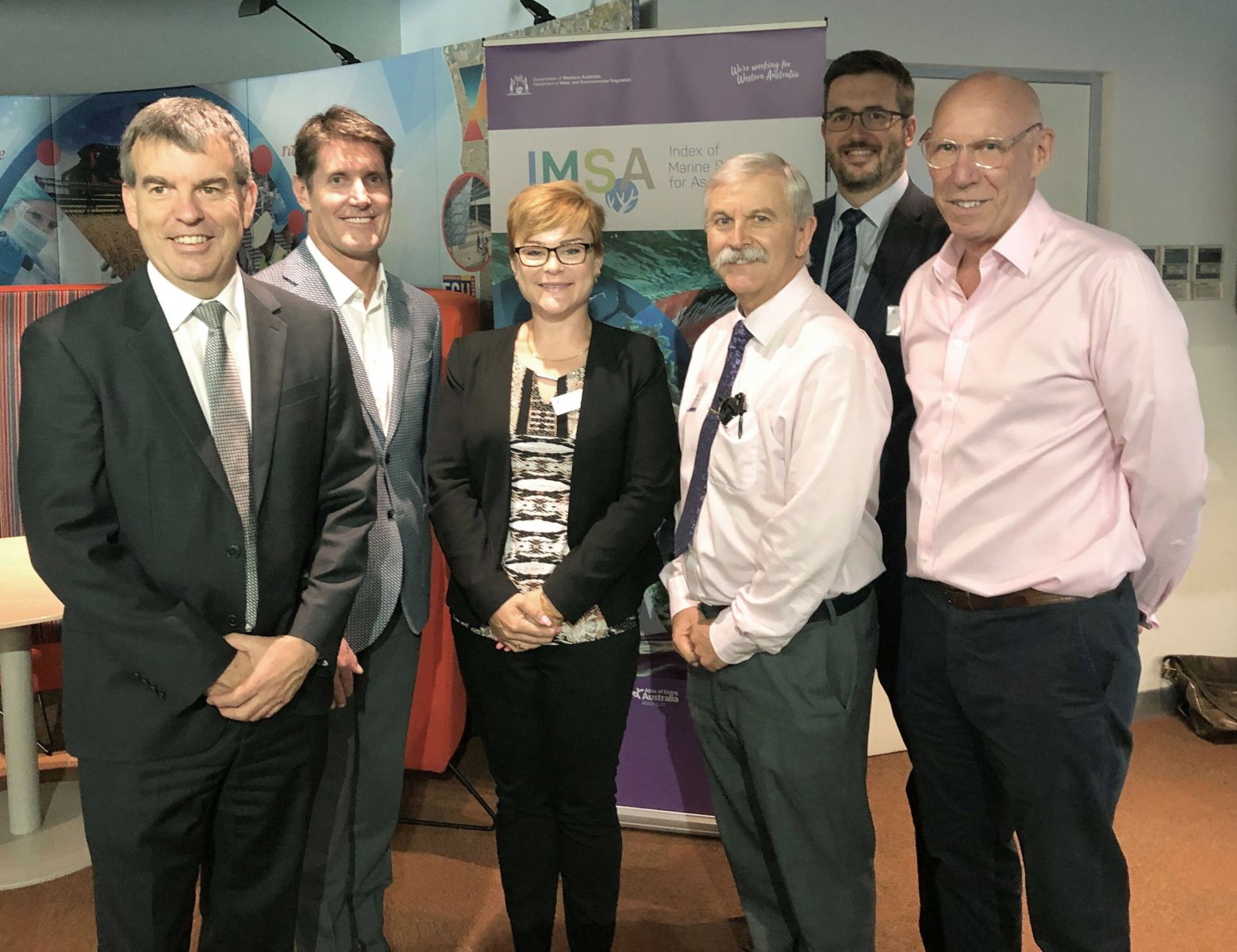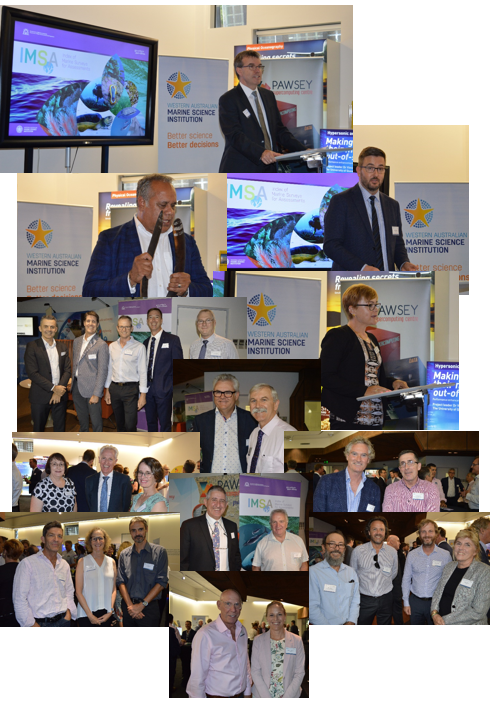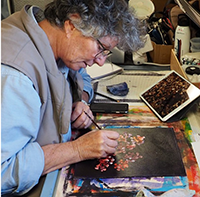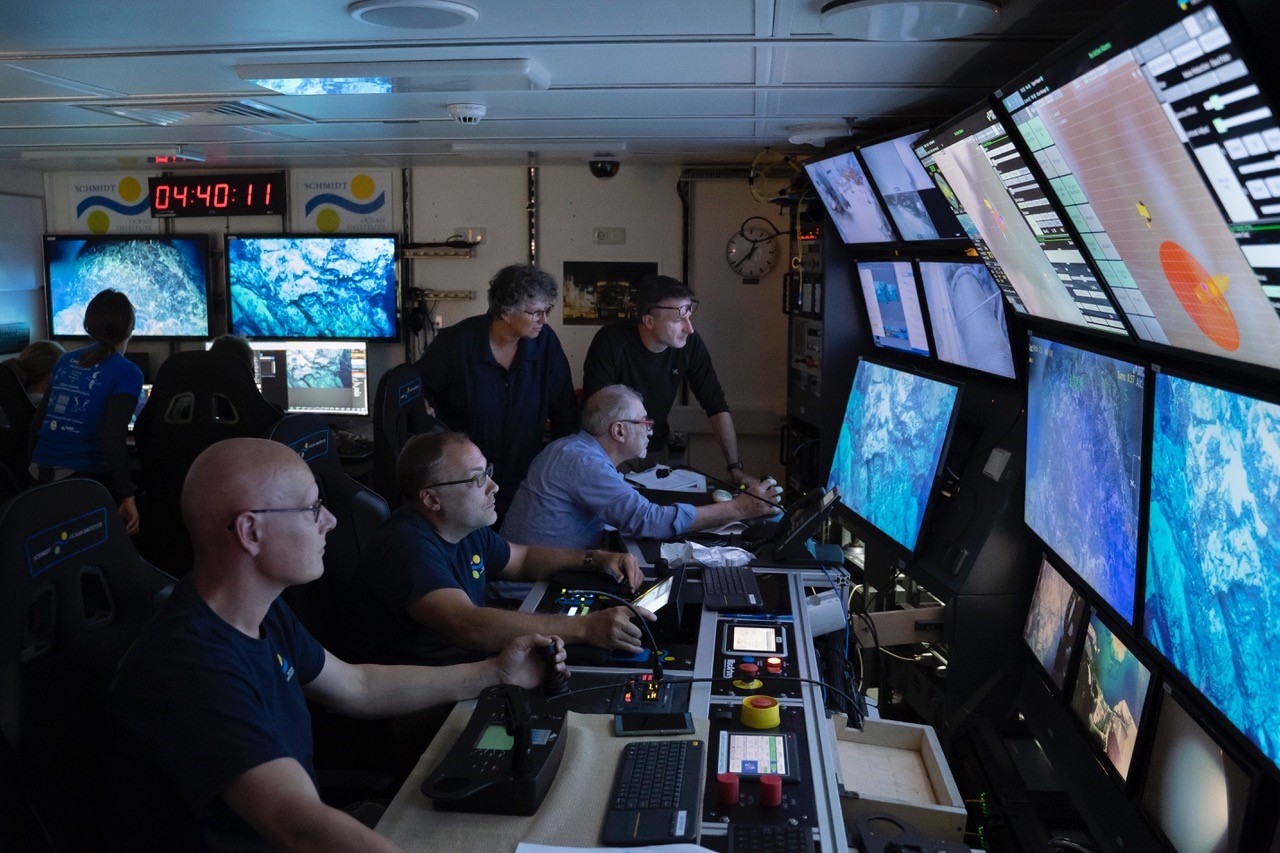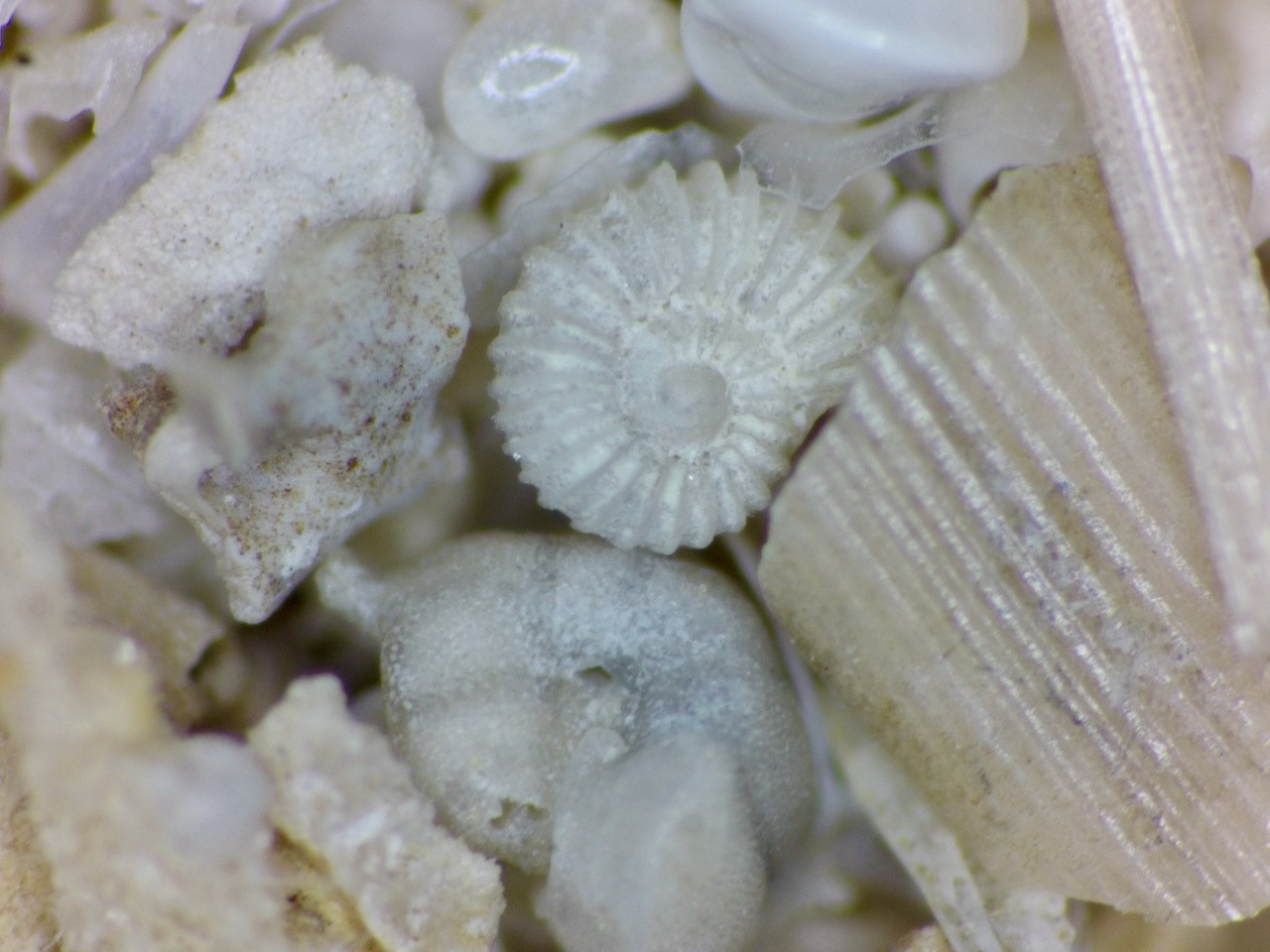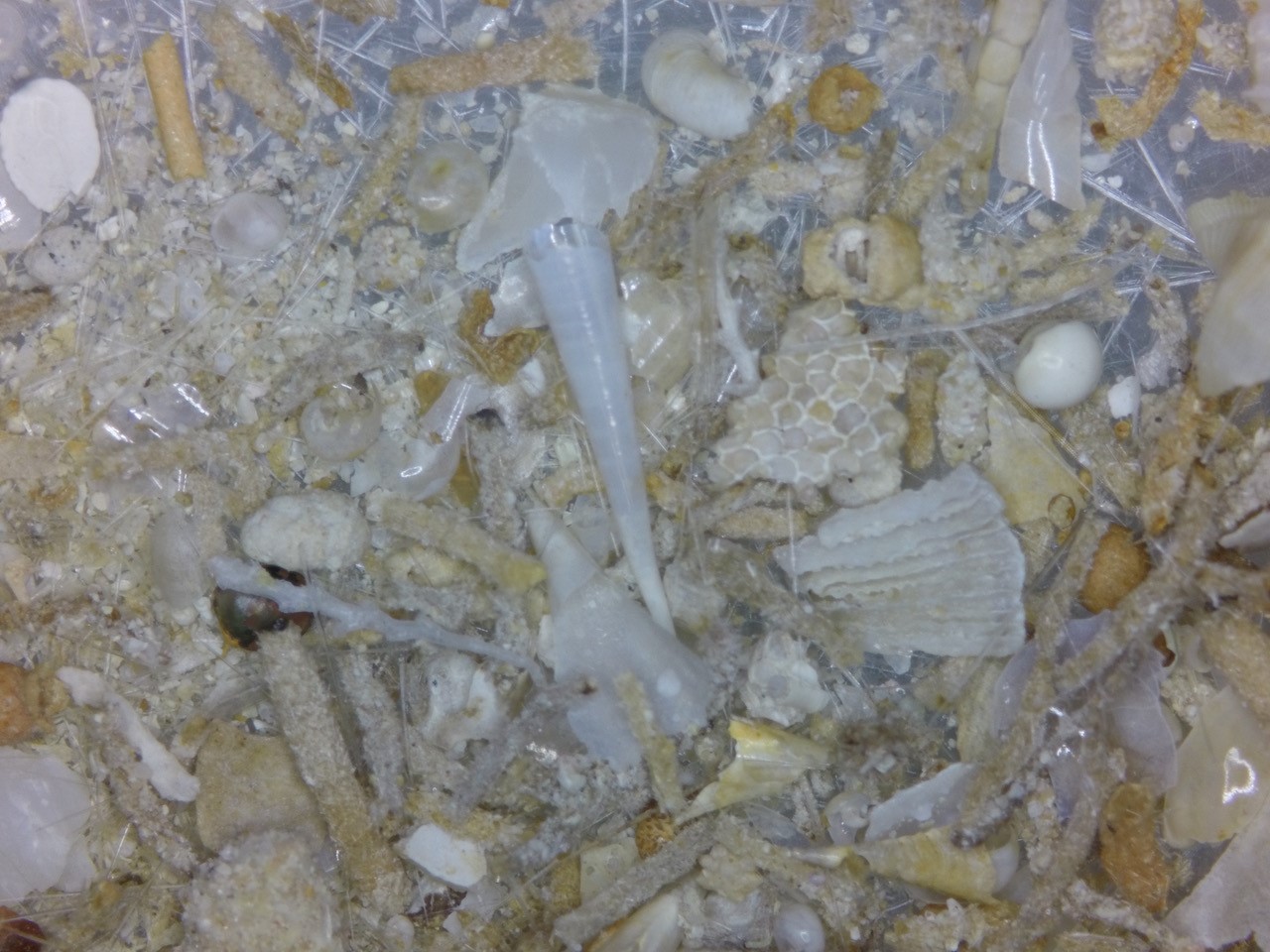Chief’s advice for women in science

Always say yes to an opportunity and work out the details later. That was the advice handed out by CSIRO Chief Scientist Dr Cathy Foley at a keynote International Women’s Day address to marine scientists in Perth.
The event, organised by institutions at the Indian Ocean Marine Research Centre, saw more than 100 scientists and support staff come together for a series of lightning talks and Dr Foley’s views on why and how to have women in the mix.
Dr Foley, who was appointed to the role of Chief Scientist at the national research agency in August 2018, says when more women work, economies grow so it makes good economic sense.
“Statistics show that businesses with women senior executives are 15 per cent more likely to financially outperform their counterparts,” Dr Foley said. “Nationally, closing the gender gap would boost GDP by 11 per cent and increasing the number of women in leadership positions would boost economic activity by 20 per cent.”
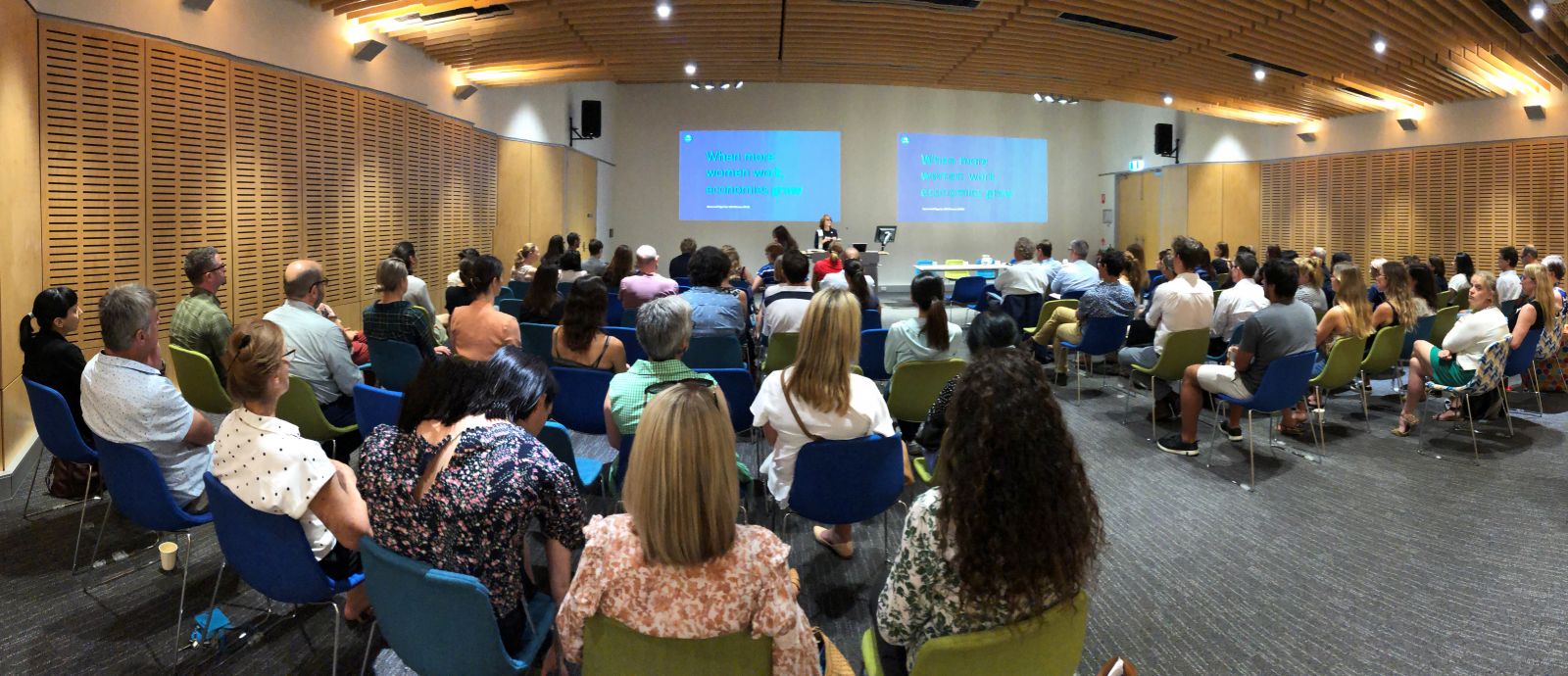 |
| CSIRO Chief Scientist Cathy Foley addresses marine scientists and support staff at the Indian Ocean Marine Research Centre IWD2020 symposium |
The statistics also reveal that women in their late 30’s to early 40s are most at risk.
“When women reach their late 30’s to early 40s that’s when we tend to see the split between those who continue a steady path to build on their successes and those whose career stalls, and the problem is complex.“
On the topic of how to empower women to get their career trajectory back on track, Dr Foley handed out some personal advice.
“Women can’t ask directly for resources or opportunity without been considered inappropriate.” Dr Foley said. “So I say feel free to tell your employer: ‘I was speaking with CSIRO Chief Scientist Cathy Foley and she advised me to ask you ….’ I have seen it work!”
A panel discussion with Dr Foley, UWA Oceans Institute Director Dr Peter Veth, Western Australian Marine Science Institution (WAMSI) CEO Dr Luke Twomey, Director of CSIRO Oceans, Atmosphere Dr Tony Worby and Dr Karen Miller from the Australian Institute of Marine Science opened up a discussion on promoting opportunity.
Panel members Dr Worby and Dr Twomey highlighted that CSIRO and WAMSI had achieved institutional goals to have equal gender representation on both executive teams and boards.
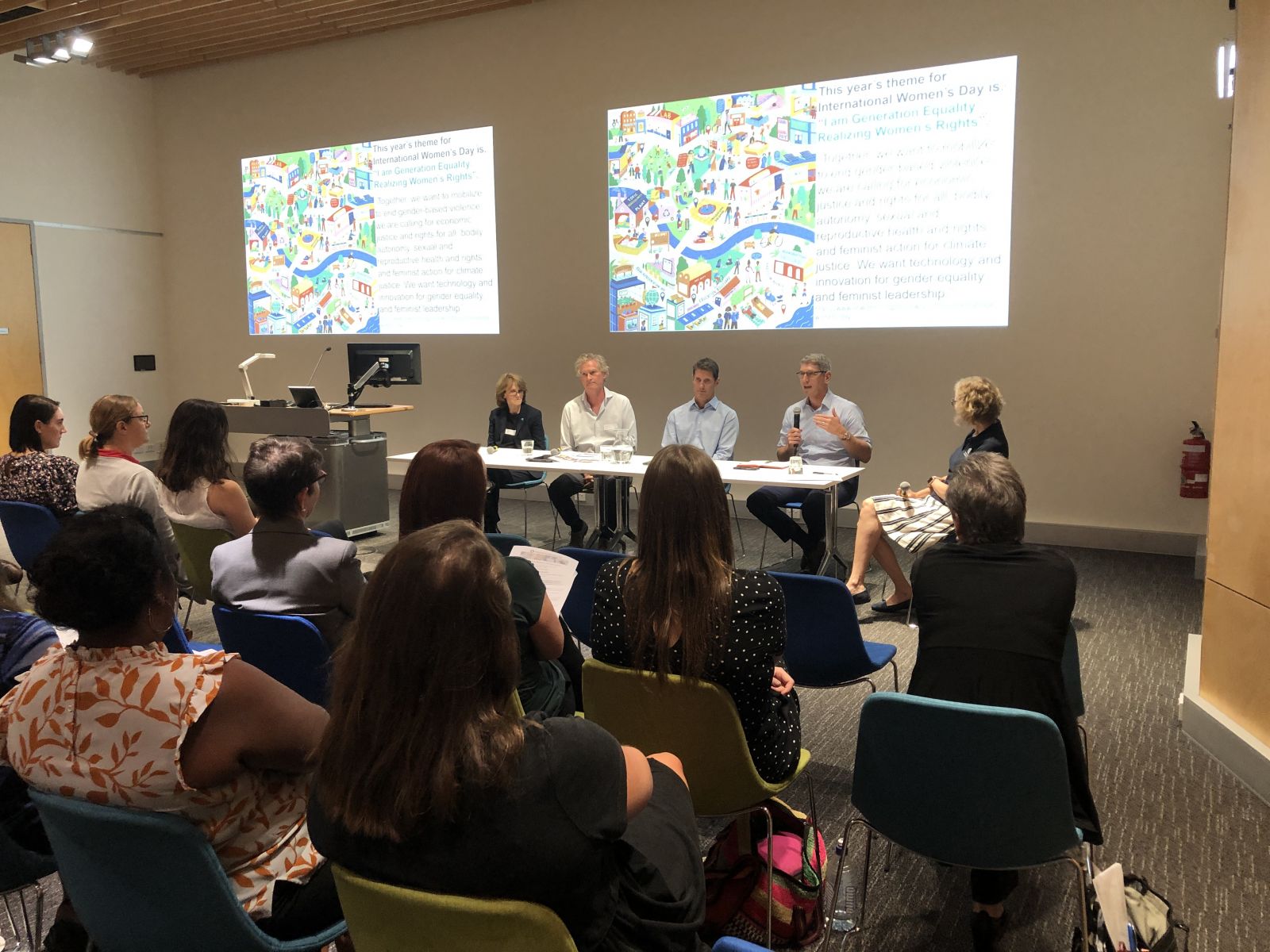 |
| IWD2020 Panel members address questions: (L-R) – CSIRO Chief Scientist Cathy Foley, UWA Oceans Institute Director Dr Peter Veth, Western Australian Marine Science Institution (WAMSI) CEO Dr Luke Twomey, Director of CSIRO Oceans, Atmosphere Dr Tony Worby and Dr Karen Miller from the Australian Institute of Marine Science. |
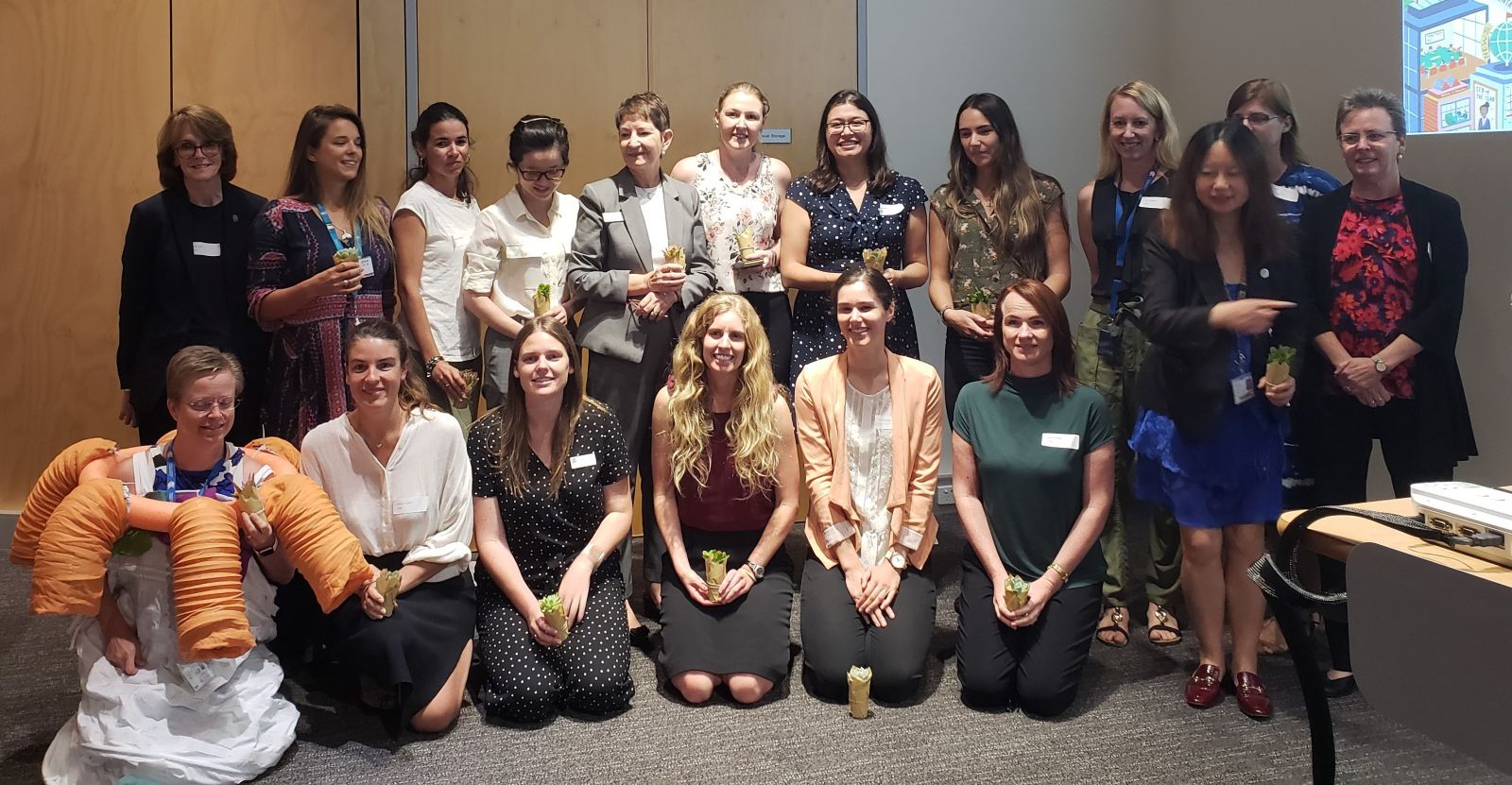 |
| IWD2020 three-minute lightning talk presenters |

